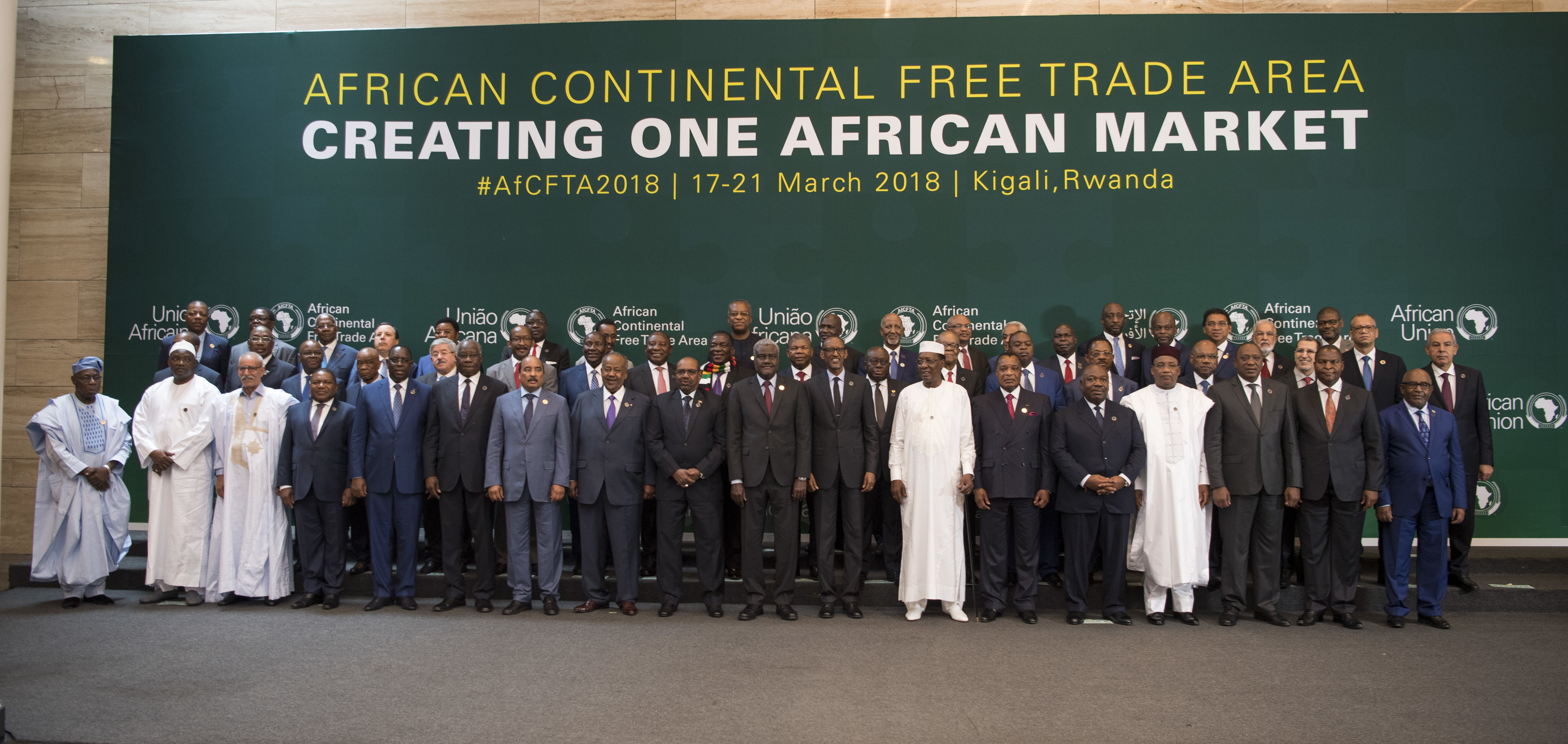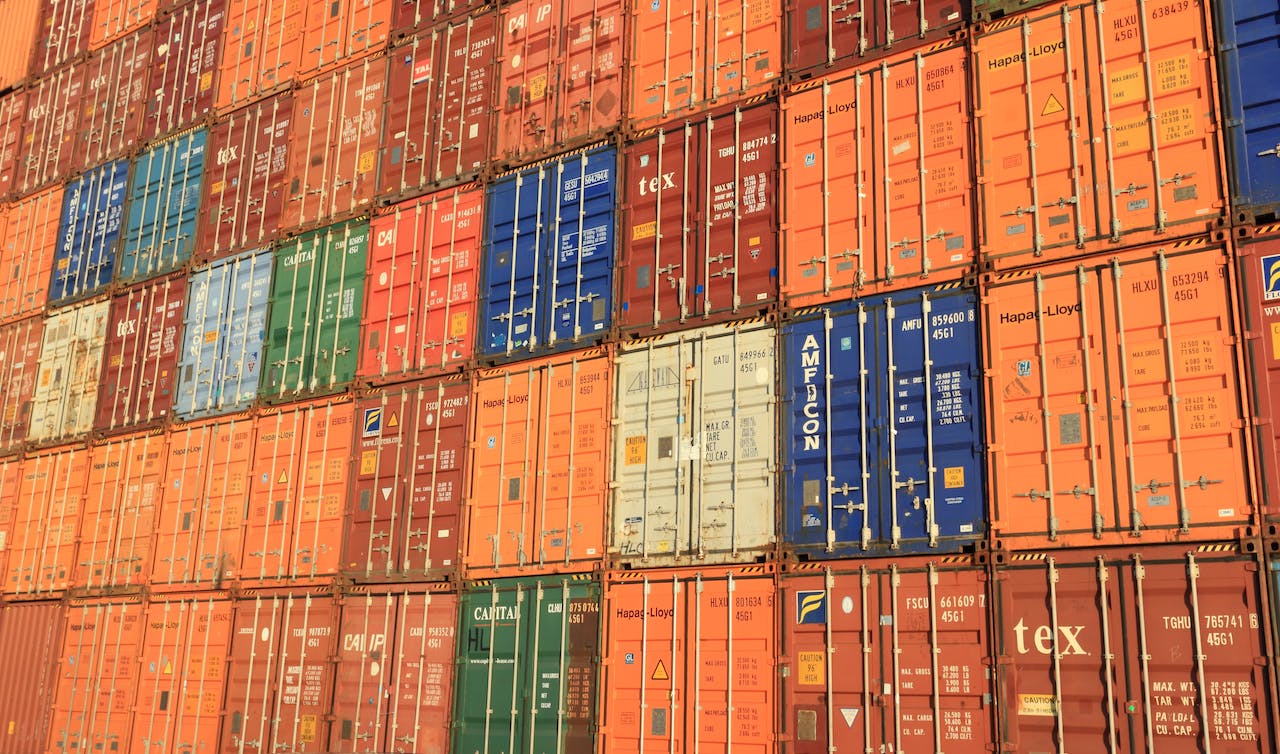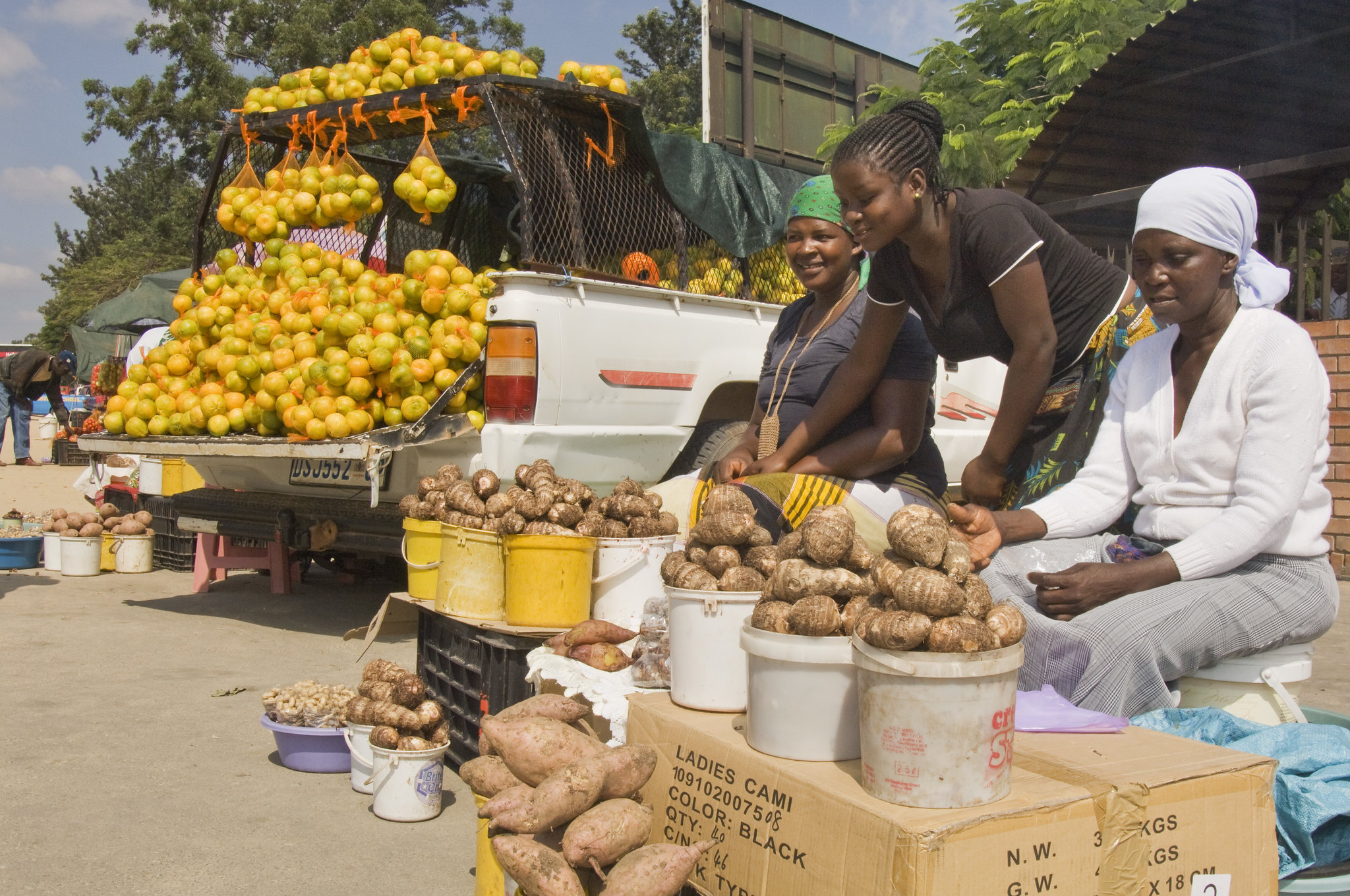Africa’s trade landscape is experiencing a transformation, driven by digital innovations that dismantle longstanding barriers for small businesses. These businesses, crucial for growth and job creation, often struggle with financial constraints, adherence to quality standards, limited access to information, and logistical inefficiencies. Ebrima Faal examines these issues and explores how technology is paving the way for a new era in African trade.
Small and medium enterprises (SMEs) are vital to Africa’s economies. They account for over 80 per cent of employment and half of the continent’s GDP. These businesses drive growth, foster innovation, and create vibrant marketplaces. Their local presence allows them to cater to specific community needs, offering essential goods and services. By empowering SMEs, Africa can unlock its economic potential and create a more prosperous future for its people.
Challenges and innovation
African SMEs face significant financial constraints that hinder their growth and sustainability. Traditional banks often demand high collateral and impose steep interest rates, making loans inaccessible to many smaller businesses. This funding gap, estimated to be between £56 billion and £80 billion annually, severely restricts these enterprises’ economic potential.
However, fintech innovations are helping bridge this divide. Mobile money systems like M-Pesa have been transformative, extending loans and savings options beyond basic transactions, and empowering millions of previously unbanked individuals to join the formal financial system.
Peer-to-peer lending platforms such as Zidisha bypass traditional banking barriers by connecting SMEs directly with global investors, offering competitive loan rates and focusing on microloans suitable for small business growth. Zidisha enhances transparency, allowing lenders to view borrower profiles, business plans, and progress updates, which builds trust and fosters financial participation.
Additionally, blockchain technology holds promise for streamlining financial processes, boosting transparency, and creating secure funding avenues. By embracing these advancements, African SMEs can not only access new financial services but also benefit from potentially lower interest rates through peer-to-peer lending platforms, unlocking essential capital for growth and prosperity.
The broader landscape of African commerce is also being transformed, driven by fintech companies like Ripple and XinFin that use blockchain to facilitate secure cross-border payments. Onafriq, known as the “Network of Networks,” connects SMEs with extensive payment networks and financial institutions, simplifying international transactions.
Moreover, institutions like the African Export-Import Bank (Afreximbank) are crucial in building robust financial infrastructures, such as the Pan-African Payment and Settlement System (PAPSS), which supports the African Continental Free Trade Area (AfCFTA) in boosting trade and economic integration across the continent. This comprehensive approach to financial innovation is crucial for enabling African SMEs to compete globally and thrive economically.
Meeting international quality standards
African SMEs often face significant obstacles in meeting international quality standards, a critical factor for competing globally. An Ethiopian coffee producer might struggle with quality control due to limited access to advanced testing equipment or food safety expertise, hindering their ability to meet stringent international regulations. Similarly, a Ghanaian clothing manufacturer may not be fully aware of the specific labelling or safety standards required in target markets like the US. In Morocco, even with initiatives such as Morocco SME, argan oil producers seeking organic certification must navigate complex regulations and stringent quality controls that often require costly specialised equipment or expertise.
Fortunately, digital innovations are transforming the landscape of quality control for African SMEs. Advanced technologies like artificial intelligence are revolutionising production processes. AI-powered vision systems can help Ethiopian coffee producers detect defects in beans during processing, ensuring consistency and reducing errors. Digital platforms such as the African Development Bank’s Trade Information Portal offer a wealth of trade-related information, including market data and product standards. These platforms provide crucial knowledge that SMEs need to comply with international quality standards.
These platforms provide crucial knowledge that SMEs need to comply with international quality standards. Initiatives like Morocco’s Digital Morocco Strategy (Maroc Digital 2030) and the establishment of the Digital Development Agency are exemplary. They provide businesses, including argan oil producers, with access to digital resources for training and expert consultations. This support helps SMEs navigate regulatory landscapes and adhere to stringent standards, enhancing product quality and marketability.
Logistical hurdles and digital solutions
African SMEs face significant logistical hurdles that impact their ability to trade effectively on a global scale. Poor infrastructure, characterised by roads riddled with potholes and vulnerable to seasonal closures, leads to delays and elevated transportation costs. This is particularly problematic in congested ports like Durban in South Africa, which suffer from slow turnaround times. For landlocked countries such as Uganda and Zambia, the dependency on neighbouring countries’ infrastructure to access ports like Mombasa can extend transport times to weeks, dramatically increasing export costs and complicating international trade.
Additionally, traditional logistics methods often lack transparency, making it difficult for SMEs to track shipments in real time and manage the uncertainties of arrival times, especially for perishable goods. Cumbersome customs procedures across various African borders further exacerbate these issues, increasing operational costs and causing delays that can lead to missed business opportunities and contractual penalties.
Ugandan coffee producers struggle with unreliable transportation and extended customs delays at Mombasa port, risking spoilage of their perishable products and financial losses. Similarly, Zambian copper producers are burdened by high transportation costs due to poor road conditions and port congestion, which can result in missed contracts and significant revenue losses.
Digital innovation is offering transformative solutions to these logistical challenges. Platforms like Kobo360 use GPS tracking, real-time data analytics, and route optimization to significantly enhance operational efficiency. This enables businesses like Ugandan coffee producers to find the most efficient routes to ports, reducing costs and ensuring the freshness of their products upon arrival. Blockchain technology, as implemented by companies like VeChain, provides secure and transparent shipment tracking, allowing industries such as Zambian copper producers to meticulously monitor their shipments from mine to port, reducing fraud risks.
The implementation of electronic customs clearance systems has streamlined port operations, drastically cutting down processing times and alleviating congestion at ports like Mombasa, thus facilitating smoother and faster goods transit. By adopting these digital solutions, African SMEs can not only mitigate the formidable logistical obstacles they face but also enhance their competitive edge in the global marketplace, fostering broader economic development across the continent.
Africa’s trade landscape is experiencing a huge transformation driven by a wave of digital innovations that are dismantling longstanding barriers for SMEs. These businesses, the lifeblood of African economies, are being equipped to conquer financial hurdles, navigate complex logistics, and meet stringent quality standards. Mobile money platforms, AI-powered quality control, and optimised logistics networks are just a glimpse of the digital arsenal empowering SMEs to compete on the global stage. Blockchain technology fosters secure transactions, ensuring fair prices for Ghanaian cocoa farmers and countless others. Collaborative initiatives like AfCFTA and PAPSS are paving the way for seamless continental trade integration. Digital innovation goes beyond efficiency. It’s creating a future full of opportunity for Africa, with secure trade and empowered entrepreneurs.
Photo credit: Pexels





